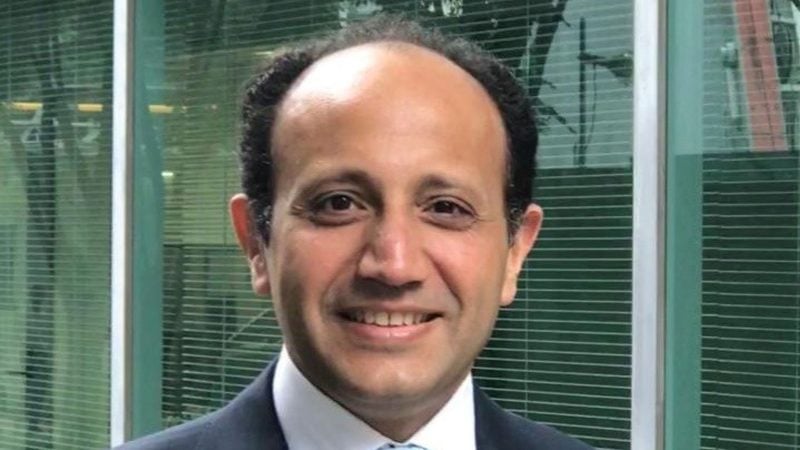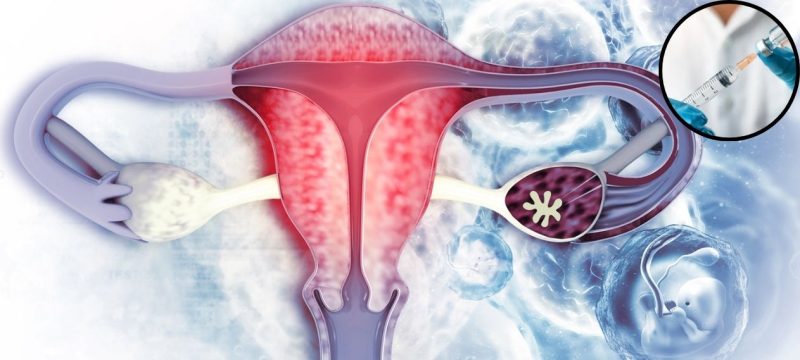Researchers have announced that the world’s first ovarian cancer vaccine has the potential to eradicate the disease. The vaccine, known as OvarianVax, trains the immune system to detect and attack ovarian cancer at its earliest stages. The goal is for women to receive the vaccine preventively through the NHS, aiming to eliminate the disease altogether.
Experts believe the vaccine could function similarly to the HPV jab, which is expected to nearly eliminate cervical cancer. Professor Ahmed Ahmed and his team at the ovarian cancer cell lab at the MRC Weatherall Institute of Molecular Medicine are working to identify which proteins on the surface of early-stage ovarian cancer cells are most effectively targeted by the immune system. They will also assess how well the vaccine destroys models of the disease in a laboratory setting.
Read more: MIT Researchers Achieve Breakthrough in HIV/AIDS Vaccine Development
Following this research, human clinical trials will be conducted, starting with people who carry BRCA gene mutations, which significantly increase the risk of ovarian cancer, as well as healthy women. Cancer Research UK is backing the study with up to £600,000 in funding over the next three years.
When asked if the vaccine could potentially wipe out ovarian cancer, Professor Ahmed said, “Absolutely—that is the goal. While there is still much work ahead, this is an exciting time, and I’m personally very optimistic.”

Currently, there is no screening test for ovarian cancer, which is often detected late due to vague symptoms like bloating and loss of appetite. Women with BRCA gene mutations, such as actress Angelina Jolie, are at a significantly higher risk of developing the disease.
By the age of 80, nearly 45% of those with the altered BRCA1 gene and around 20% with the altered BRCA2 gene will develop ovarian cancer, compared to just 2% of the general population. Presently, women with BRCA1/2 mutations are advised to have their ovaries removed by the age of 35, resulting in early menopause and the inability to have children in the future.
Each year, around 7,500 new ovarian cancer cases are reported in the UK, with BRCA mutations contributing to approximately 5-15% of these. According to Professor Ahmed, carriers of the BRCA mutations could benefit significantly from the new vaccine, as it may eliminate the need for ovary removal.
He expressed optimism about the vaccine’s potential, emphasizing that it targets the earliest cancer cells before the disease takes hold, rather than attempting to treat or cure established tumors. Since the number of cells to be targeted is relatively small, he believes there is a high chance of success. He also highlighted the success of the HPV vaccine as an encouraging example.
Although full approval for the ovarian cancer vaccine could take several years, Professor Ahmed hopes that clinical trials will begin showing positive results in the next four or five years among healthy individuals.









